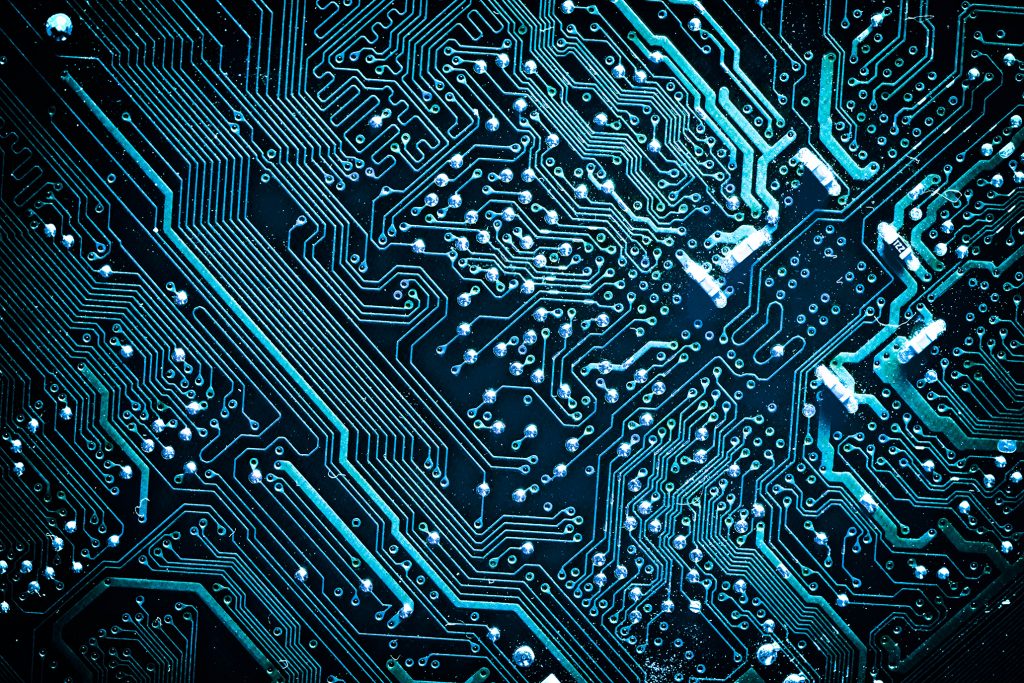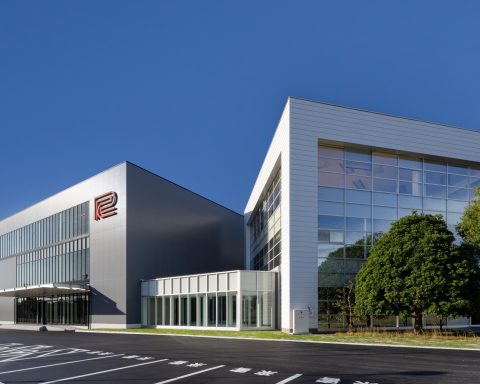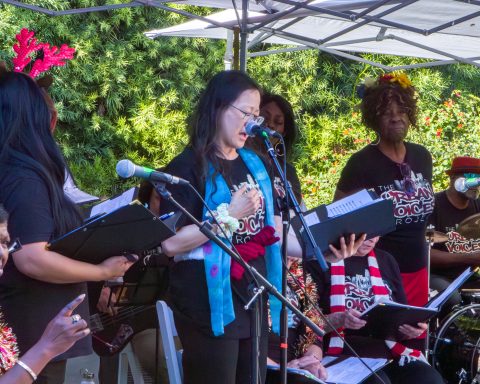As many of us work from home and socialize through a screen, it’s obvious that state-mandated quarantine orders in response to the COVID-19 pandemic have changed our daily relationship to technology. A surface examination of this relationship would likely focus on all the video conference programs and food delivery apps that existed pre-quarantine, but that we rarely used.
Tech Lead the Way
Nowadays, we snicker at the gaffs of our less-tech-inclined family members and praise the essential workers who show up at our door to keep us fed and safe. And while the frequency and comfort with which we now navigate our tech are new, the underlying lesson is not.
Our relationship to our technology—namely, our dependence on tech—is stronger as a result of quarantine. That said, it’s existed since the first cave person wore clothes and made fire. This dependence has pluses and minuses. On the plus side, quarantine tech use confirms that we live in a global society. International interconnectedness jet-fueled the spread of COVID-19 as well as our experience of it.
Through our screens, we watched silly videos from Wuhan, children’s tears in Yemen, and protests across cities big and small. We tracked infection rates, Zoomed, and communicated with people thousands of miles from us. This reliance on technology gave humanity its first real-time, global experience.

The Quarantine Paradox
Yet, there’s a paradox running in the background here. While, as a species, we’re more connected than ever by technology, physically we’ve never been more isolated. Through socially distancing, we’ve had to lean into tech for solutions.
As musicians, we’ve discovered that we can still make and share music. However, we miss the camaraderie of jamming live with our friends. And while we can’t go to concerts, livestreamed events attempt to fill the gap. Technology offers us replacements for the things we love, increasing our reliance. In some cases, the replacements were not as good. In others, they were pretty cool. Regardless, both examples point to the way human creativity remains in an adaptive relationship with tech, even as we depend on it more.
The human ability to find unintended uses for technologies is a storied tradition. It’s one we’re seeing echoed on social media during quarantine. With heightened awareness of the algorithms perpetuating our bubbles, social media’s value is frequently debunked. Despite this, during quarantine, we’re relying on platforms like Facebook and Instagram to maintain our relationships in new ways.

The Good, the Bad, and the Social
While social media is invaluable for the spread of good information in quarantine—where to meet up for a protest, the location of the closest testing center—there are just as many examples of the same platforms spreading misinformation. Herein lies the lesson we’re learning. We are acknowledging our dependence on tech while simultaneously confronting its shortcomings.
This is a necessary exercise—one we suspected was true. However, we were too distracted by life outside of our four walls to fully assimilate into the way we interact with our world. To valorize technology, we must recognize its limits. Conversely, to avoid the pitfalls of tech, we need to celebrate what it does best. Quarantine has given us that chance.







